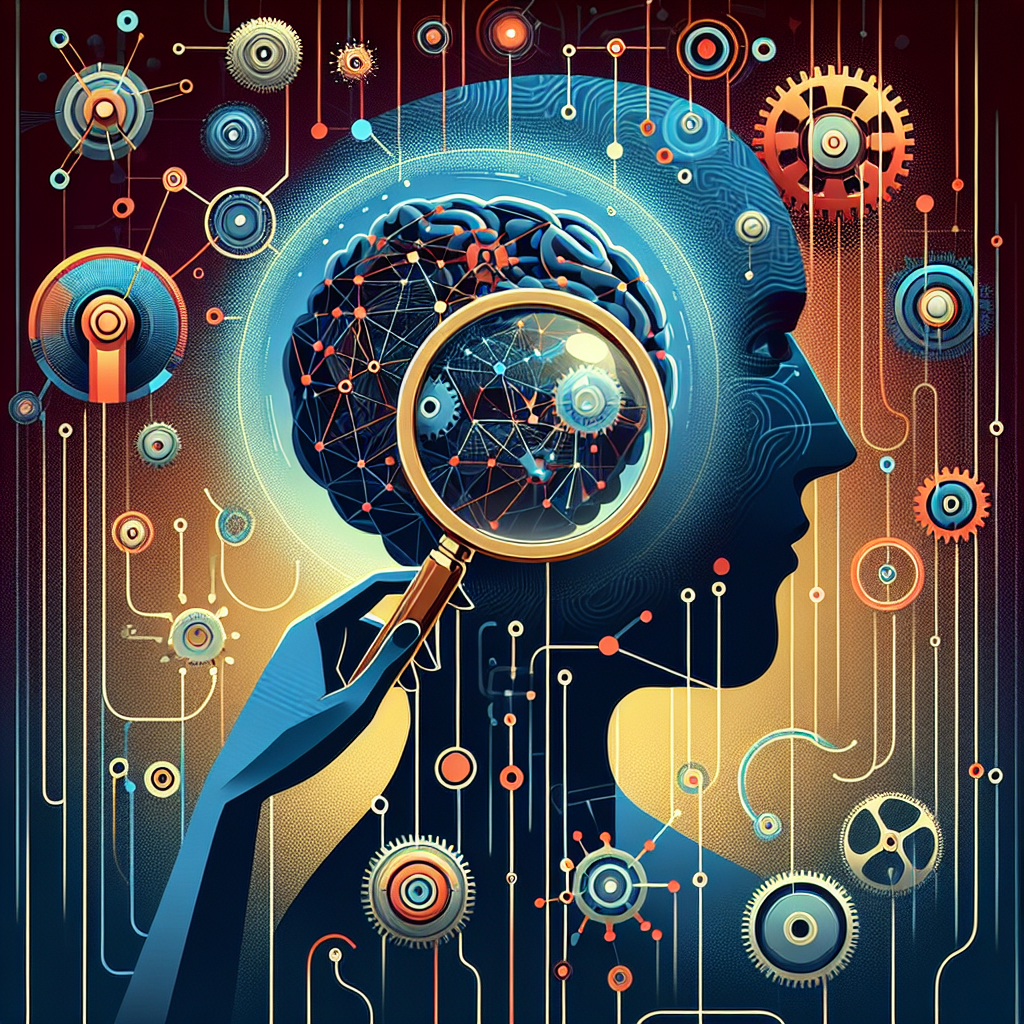Artificial Intelligence (AI) is revolutionizing various industries, improving our everyday experiences, and shaping our future. However, with its growth comes a range of myths and misconceptions that can obscure our understanding. In this article, we will address some of the most prevalent AI myths and provide insights into the essential truths you should know.
Myth 1: AI Thinks Like Humans
The Truth: Although AI can replicate certain elements of human intelligence—like pattern recognition, natural language processing, and problem-solving—it lacks consciousness, emotions, or subjective comprehension. AI algorithms analyze data using mathematical models and are restricted to their training data. They excel at specific tasks but do not possess the nuanced reasoning and empathy typical of human thought.
Myth 2: AI Will Soon Eliminate All Jobs
The Truth: The notion that AI will make human workers obsolete is overstated. While automation may replace some jobs, particularly those that are repetitive or data-driven, AI is more likely to enhance human capabilities instead of entirely replacing them. Numerous experts believe that AI will create new roles focused on managing and improving AI systems, fostering creativity, and enhancing complex decision-making.
Myth 3: AI is Infallible
The Truth: AI systems are not free from mistakes. Their effectiveness depends heavily on the quality of the data used for training and the algorithms that drive them. Bias present in the training data can lead to biased results, and an AI’s performance may be influenced by its design. It’s crucial to remember that while AI can boost efficiency and generate insights, it is not a flawless solution and requires human oversight for accuracy and fairness.
Myth 4: AI Can Operate on Its Own
The Truth: Many people believe that AI can function independently without human input, but this is a misconception. Most AI systems need considerable human oversight, which includes data preparation, model training, and ongoing evaluation. Furthermore, AI systems do not make decisions; they offer recommendations based on algorithms and data, necessitating human judgment for final choices.
Myth 5: AI Understands Language Like Humans
The Truth: While AI technologies, such as chatbots and virtual assistants, can process and generate human language, they do not genuinely “understand” it as humans do. Natural Language Processing (NLP) allows AI to analyze language patterns and respond accordingly, but these systems lack a comprehensive grasp of context, metaphors, and emotional subtleties. Relying solely on AI for intricate verbal interactions can lead to misunderstandings.
Myth 6: AI is Exclusive to Tech Companies
The Truth: Though many technology leaders heavily invest in AI, its applications reach far beyond the tech sector. Fields such as healthcare, agriculture, finance, and education are utilizing AI to streamline operations, analyze data, and improve customer experiences. Small businesses can also leverage AI tools like chatbots, CRM systems, and data analytics platforms to enhance efficiency and competitiveness.
Myth 7: AI Poses a Threat to Humanity
The Truth: Depicting AI as a potential existential danger is often exaggerated. While certain scenarios highlight legitimate worries about misaligned objectives and technology misuse, the current emphasis should be on ethical development, responsible implementation, and regulatory frameworks to mitigate risks. Engaging in dialogue among technologists, policymakers, and the public is essential to steer AI towards beneficial outcomes.
Conclusion
Grasping AI’s capabilities and limitations is vital as it becomes an integral part of our lives. By dispelling these myths, we can encourage informed conversations about the future of technology and its societal impact. Embracing AI’s potential while remaining mindful of its challenges will enable us to benefit from its advantages in a responsible and ethical manner. As we advance, ongoing education and open dialogue will be critical in shaping a future where AI effectively and equitably serves humanity.

